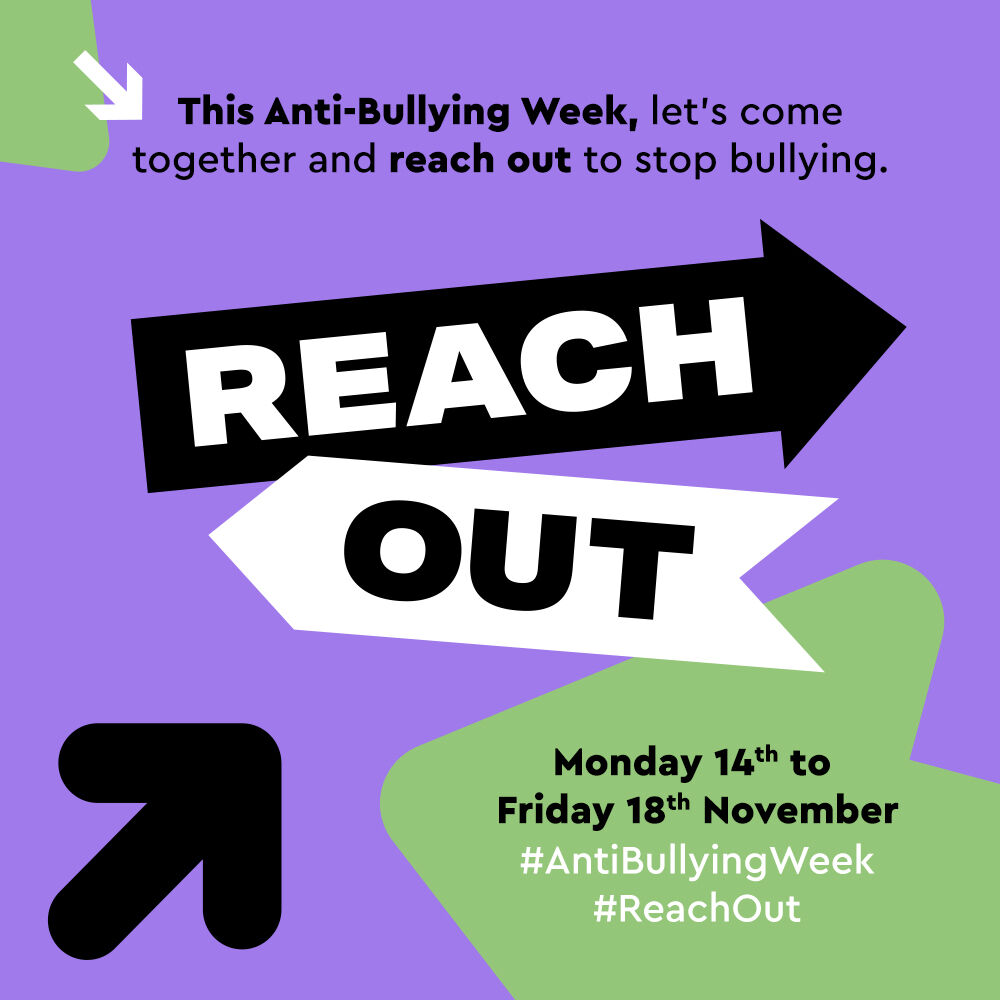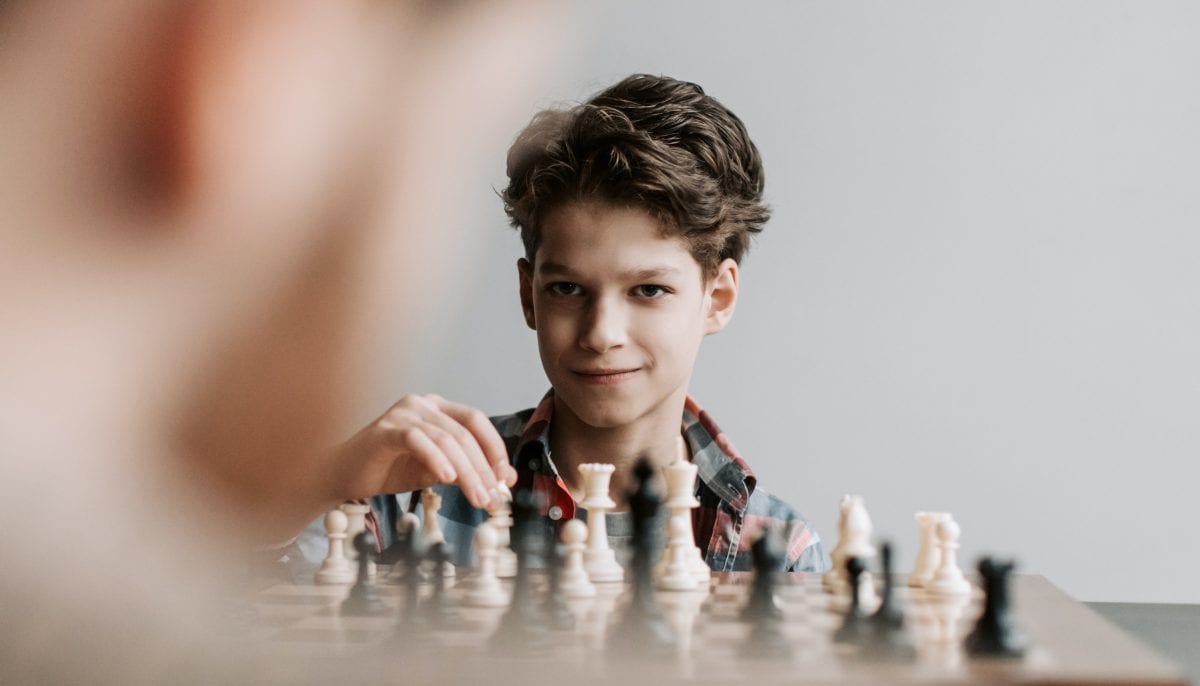Computers Can’t Stop Bullying
Humans understand bullying, but computers don’t. The bullying in online games takes place in real time, so it’s impossible to have human moderators stop it in time. As a second-best thing, gaming companies have maintained lists of banned words. As dictators around the world have found, humans quickly find creative ways around censorship. Unfortunately, that creativity also means that bullies can find ways to hurt others without using any of the words on the banned list.
I can see that advances are being made in Artificial Intelligence so that the computer begins to understand the context of words. That might make them better at detecting bullying. But technology will never save us from bullying.
What does protect against bullying is building up everyone’s self-worth. People who believe they are valuable and important humans don’t bully and are much less affected if they are subjected to bullying behavior.









